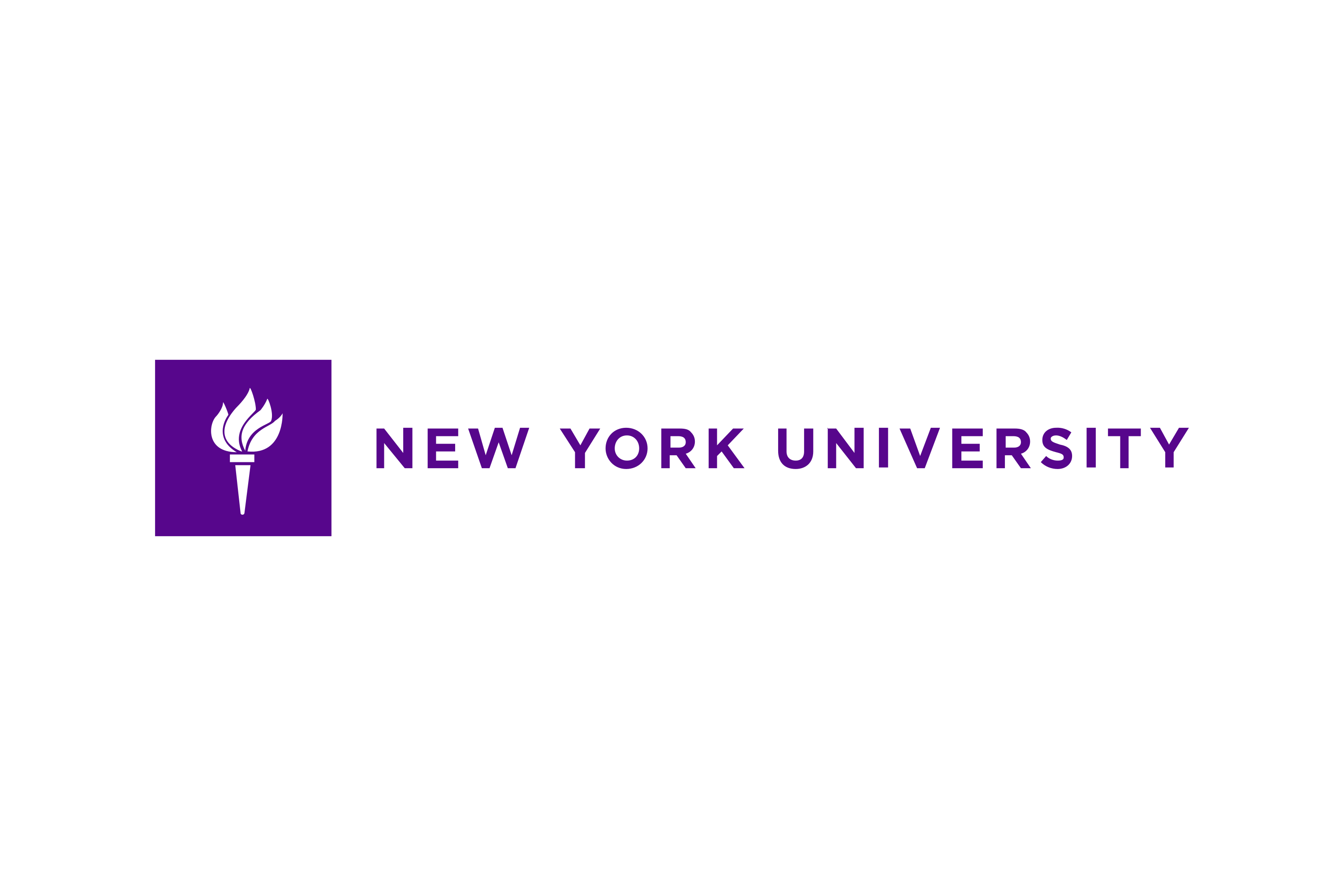New York University: Four NYU Faculty Elected to National Academy of Sciences
Four New York University faculty have been elected to the National Academy of Sciences: Fedor A. Bogomolov and Michael J. Shelley, professors in the Courant Institute of Mathematical Sciences; sociologist Paul DiMaggio; and Benjamin G. Neel, director of the Laura and Isaac Perlmutter Cancer Center at NYU Langone Health. This year’s election of 120 new members and 30 international members were chosen “in recognition of their distinguished and continuing achievements in original research,” the Washington, D.C.-based organization announced.
Fedor A. Bogomolov’s expertise is in the areas of algebraic geometry, complex geometry, and number theory. His work has contributed to fundamental insights in a range of fields, including topology, differential and algebraic geometry, group theory, and invariant theory, among others. His decomposition theorem forms the foundation of modern string theory, which bridges quantum mechanics and Albert Einstein’s theory of relativity in order to explain all of physical reality, and a related concept, mirror symmetry, which connects several aspects of mathematics.
Paul DiMaggio, a professor in NYU’s Department of Sociology, has written and taught about cultural policy and communications policy and has publications on such topics as the origins and consequences of cultural hierarchy in the United States, cultural and political polarization in the U.S., the role of social networks in economic exchange, the impact of network externalities on social inequality, and American nationalism. DiMaggio, who also has appointments at NYU’s Wagner Graduate School of Public Service, Stern School of Business, and Center for Data Science, is currently focused on Americans’ understandings of the relationship between science and religion, and the impact of the coronavirus pandemic on attitudes toward diversity and immigration.
Benjamin G. Neel’s research has helped to unravel cell signaling pathways involved in developmental disease and in cancer, with a focus on several protein-tyrosine phosphatases that his group discovered. This work has suggested new therapeutic approaches to cancers caused by KRAS mutations, such as lung and pancreas cancers. He also has made significant contributions to the functional genomics of breast cancer, and generated new models of ovarian cancer. As head of Perlmutter Cancer Center, Neel and his team have overseen, since his arrival in 2015, a near doubling of the number of patients enrolled in clinical trials, the recruitment of more than 40 renowned faculty members, and a 45 percent increase in research funding from the National Cancer Institute.
Michael J. Shelley, Lilian and George Lyttle Professor of Applied Mathematics at NYU’s Courant Institute, focuses on the modeling and simulation of complex systems arising in physics and biology. Co-founder and co-director of the Courant Institute’s Applied Mathematics Laboratory, Shelley also has an appointment at the Flatiron Institute of the Simons Foundation. He has conducted research on how fluid flows interact with structures, pointing to potential new ways to enhance energy-producing technologies, how such interactions shape natural sculptures, better understanding of the movement of parasites, and how living cells move genetic material.

